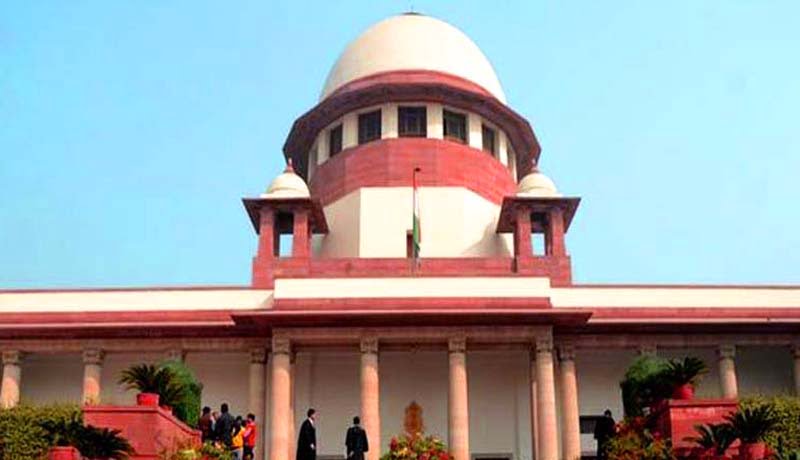Subsidies are “Income from Other Sources”: Supreme Court [DOWNLOAD JUDGMENT]

Supreme Court – excise-duty – taxscan
Supreme Court – excise-duty – taxscan
The Supreme Court of India delivered a path-breaking judgment whereby held that the Government subsidies are not “business income” and they would come under the ambit of “income from other sources.”
The following are the highlights of the judgment;
The respondent is engaged in the business of manufacture of Steel and Ferro Silicon. On 9.10.2014, the Respondent submitted its return of income for the year 2004- 2005 disclosing an income of Rs.2,06,970/- after claiming deduction under Section 80-IB of the Income Tax Act on the profits and gains of business of the respondent’s industrial undertaking. The respondent had received a total of Rs.2,74,09,386.00as transport subsidy, Interest subsidy and Power subsidy and claimed deduction for these amounts under section 80 IB(4). The Assessing Officer, in the assessment order dated 7.12.2006, disallowed the claim and held that the amounts received by the assessee as subsidies were revenue receipts and did not qualify for deduction under Section 80-IB(4) of the Act.
The respondent-assessee preferred an appeal before the Commissioner of Income Tax (Appeals), Guwahati, who, vide his order dated 8.3.2007, dismissed the appeal of the respondent.Aggrieved by theaforesaid order, the respondent preferred an appeal before the ITAT which, by its order dated 19.3.2010, allowed the appeal of the respondent.The Revenue carried the matter thereafter to the High Court, under Section 260A of the Act, which resulted in the impugned judgment dated 29.5.2013, which decided the matter against the Revenue. Revenue is therefore filed an appeal before the Supreme Court challenging the order of the High Court.
The main contention of the Revenue was that any amount received by way of subsidy was an amount whose source was the Government and not the business of the assessee. They pointed out the difference between expression profits and gains “derived from” any business, and profits “attributable to” any business, and that since the section speaks of profits and gains “derived from” any business, such profits and gains must have a close and direct nexus with the business of the assessee. In the present case, according to the Revenue, Subsidies that are allowed to the assessee have no close and direct nexus with the business of the assessee but have a close and direct nexus with grants from the Government. Therefore, the assessees’ claim for deduction should not be allowed.
While countering these submissions, the learned counsel of the respondent- assessee submitted that that the idea of giving these subsidies was to give a 10 year tax holiday to those who come from outside Meghalaya to set up industries in that State, which is a backward area.To buttress his submission he further stated that subsidies were given only in order that items which would go into the cost of manufacture of the products made by the respondent should be reduced, as these subsidies were reimbursement for either the entire or partial costs incurred by the respondent towards transporting raw materials to its factory and transporting its finished products to dealers, who then sell the finished products. He further added that as all the subsidies went towards cost of manufacture or sale of the products of the respondent, such subsidies being amounts of cost which were actually incurred by the respondent and thereafter reimbursed by the State, the principle of netting off recognized in several decisions of this Court ought to be applied, and on application of the said principle, it is clear that the subsidy received by the respondent was only to depress cost of manufacture and/or sale and would therefore be “derived from” profits and gains made from the business of the assessee.
The contentions of the Revenue was rejected by the Supreme Court and held that the subsidies that are received by the respondent, would be income from other sources referable to Section 56 of the Income Tax Act. Any deduction that is to be made can only be made from income from other sources and not from profits and gains of business, which is a separate and distinct head as recognised by Section 14 of the Income Tax Act. The subsidies are treated as assistance given for the purpose of carrying on the business of the assessee.
Read the Judgment here.


